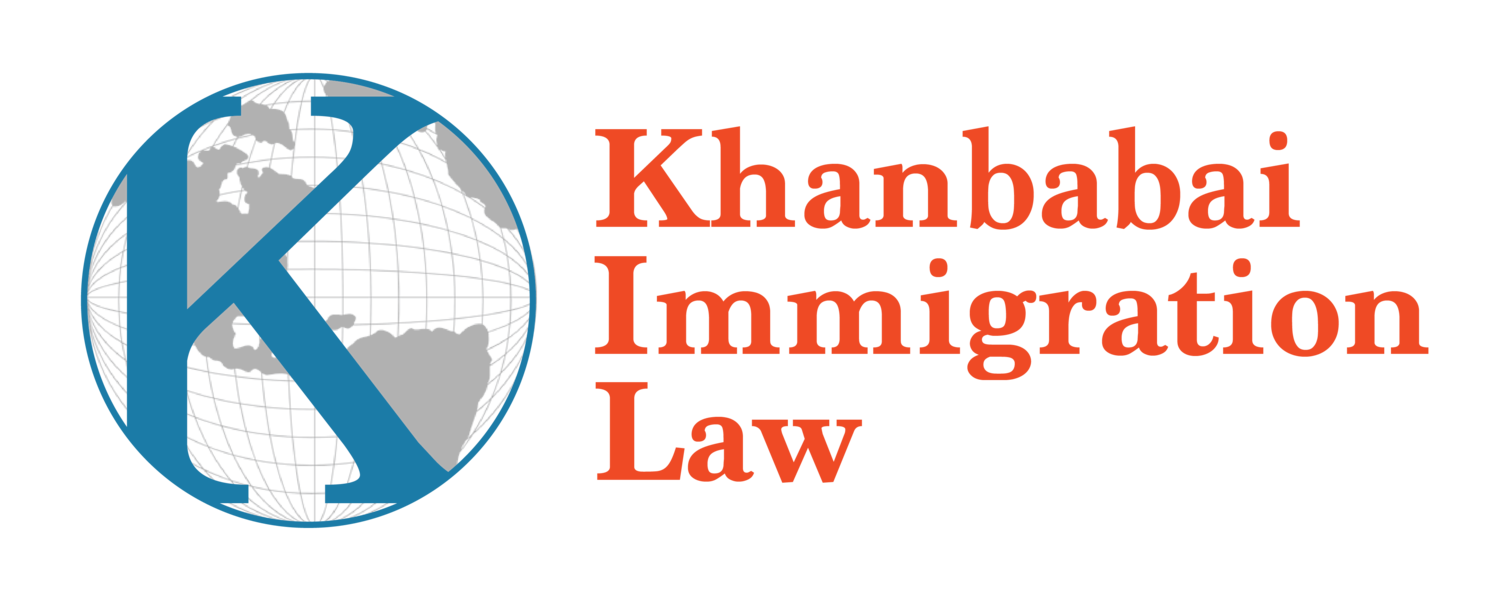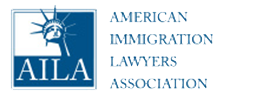International Medical Graduates (IMG's) have long been coming to the United States to obtain medical training. IMG's typically come to the United States through three visa programs, the J-1 visa, the H-1B visa, and the O-1 visa. The most commonly used visa is the J-1 which has many implications, including the two year home residency requirement and the home residency waiver process. The H-1B visa is commonly used for temporary employment and the O-1 National Interest Waiver process to obtain permanent residency.
The J-1 Visa and the Home Residency Requirement
The J-1 Visa program is administered through the Educational Commission on Foreign Medical Graduates (ECFMG). The J-1 visa for IMGs enrolling in a graduate medical education or training program subjects the physician to the two-year home residency rule. This means that the exchange visitor physician must return to her country of last permanent residence or home country for a two-year period before she is eligible to acquire permanent residence or an H or L visa. The J-1 visa for physicians in training programs is valid for a maximum of seven (7) years. Extensions of the J-1 can be obtained if the physician is within the maximum period of duration.
The federal HHS J1 waiver program is available for primary care physicians only, who agree to work in an underserved community with a HPSA score of 7 or higher. Any facility with a HPSA score of 7 or higher may sponsor a physician since the HHS program expanded in 2021. Previously only Federally Qualified Community Health Centers could sponsor a waiver.
Conrad 30 Program: Waiving Home Residency Requirement
International Medical Graduates are eligible for waivers based upon sponsorship by a state public health department. The goal behind the program is to provide rural and other medically underserved areas with needed health care services. The international physician must provide health care services in the underserved area in exchange for a waiver of the two-year home residency requirement.Each state's Department of Public Health (DPH) can sponsor up to 30 physicians a year for a waiver recommendation if the IMG agrees to provide medical care in areas designated as Medically Underserved Areas (MUA) or Health Professional Shortage Areas (HPSA).
Applying for the H-1B
After the International Medical Graduate has successfully obtained a waiver of the two- year home residency requirement, she may have the employing facility apply for the H-1B visa. The standard H-1B eligibility criteria must be met, such as a bona fide offer, notice requirements, and prevailing wage issues, in addition to a number of additional requirements specific to J-1 waiver physicians. The physician must have completed and passed all three steps of the USMLE and the facility must attest that it will notify the CIS if the physician is no longer employed. Additional hours for the same employer will not affect the J-1 waiver or H1-B application, however, moonlighting for a different employer is not permitted without a separate H-1B petition approval.
Changing Employers During IGA Service
An IMG fulfilling the three-year service in a HPSA/MUA as an H-1B only has limited opportunity to change her employment because extenuating circumstances must be established to change employers. Certain requirements must be met if an IMG were to try to establish extenuating circumstances. First, all IMG's must submit a new employment contract with another health care facility located in a designated underserved area for the balance of the three-year period. If the IMG is claiming extenuating circumstances based on hardship, she must establish that the hardship was beyond her control and was unforeseen.
Obtaining Permanent Residence And National Interest Waivers
International Medical Graduates are subject to the same methods and regulations as all others who seek permanent resident status in the United States. They may pursue the traditional Labor Certification process as individuals with advanced degrees or they may take advantage of the National Interest Waiver process and bypass the recruitment of Labor Certification applications. The special Physician National Interest Waiver allows an IMG to sponsor herself for employment and is not required to have a petitioning employer.









